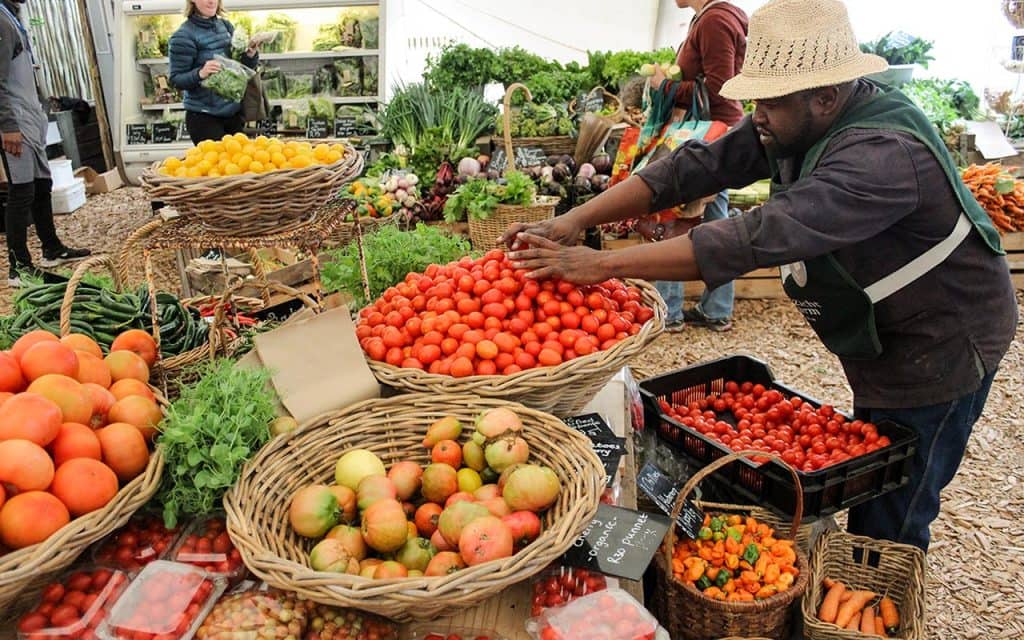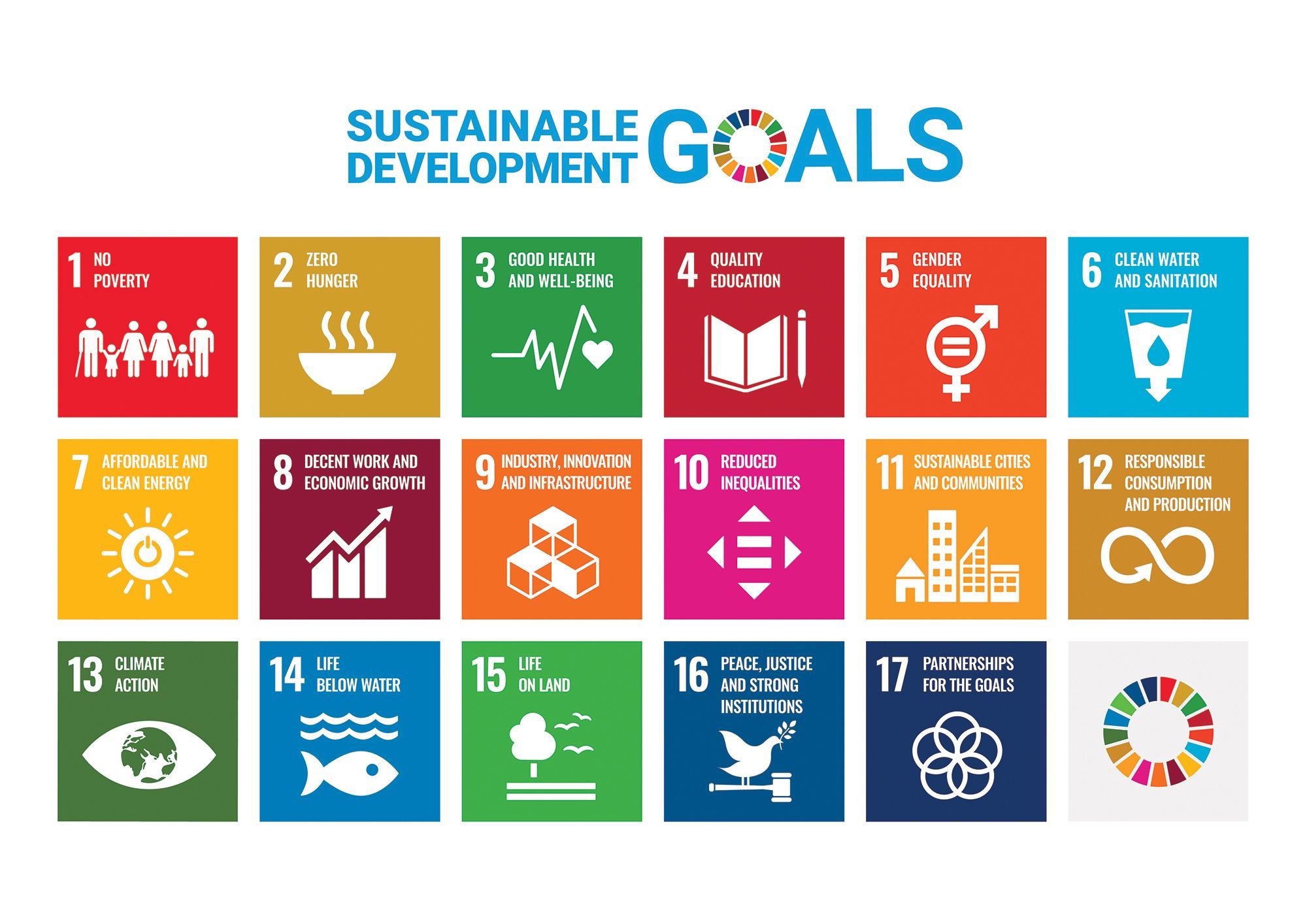What is the 'localisation' of the South African economy all about?
The government will be focussing its efforts on bringing in policies that encourages and promotes the 'localisation' of supply chains.

On Tuesday night, the South African State President, Cyril Ramaphosa, made an announcement that as a part of his plan to restructure the South African economy, the government will be focussing its efforts on bringing in policies that encourages and promotes the 'localisation' of supply chains.
Now - we've stated it many, many times before right here; there simply isn't an option for us to go back to business as usual when this whole crisis has passed.
The South Africa economy wasn't functioning well before the covid-19 lockdowns were initiated. We had too much fiscal debt, we held the title as the 'world's most unequal society', and the country's biggest employer (by far) was the state itself.
“Our economic strategy going forward will require a new social compact, among all role players — business, labour, community and government — to restructure the economy and to achieve inclusive growth.”- via
As far as I know, this is the first time that a leader of the ANC has spoken like this; indicating a real need for all sectors of South African society to work together rather than simply focusing on their individual agendas.
“Building on the cooperation that is being forged among all social partners during this crisis, we will accelerate the structural reforms required to reduce the cost of doing business, to promote localisation and industrialisation, to overhaul state-owned enterprises and to strengthen the informal sector.”
What exactly is localisation?
For decades the world has proudly hammered on the globalisation drum.
Economics has evolved from regional manufacturing to global manufacturing, at scale, and in record breaking time. This system has made goods and services super cheap but at the same time is exploitative of the most vulnerable regions of the world.
As an operational system however, this design makes the entire world very dependent on every part of the system working with synchronicity and pretty much perfectly and predictably.
When you have a global disruption like the covid-19 pandemic, the fragility of the system is exposed.
It is for this reason that President Ramaphosa and other leaders are now looking at ways to accelerate 'localisation' in economies.
Yes - we've been going on about this exactly bloody issue for a while. Maybe the urgency to address this issue is now intensifying.
As an example, a story of a British clothing brand that manufactures almost entirely at a local level is an excellent case in point:
'We are moving into a new age of localisation, with community at its heart. We are loyal to local skills and have never been offshore,' says the owner of David Nieper, a boutique clothing firm. 'In the past 30 years, around 900,000 textile jobs have disappeared in the UK.
'I feel this virus has shown that the whole idea of globalisation has passed its peak,' he says.
'Never again as a country should we leave ourselves so exposed, with the NHS desperate for scrubs and gowns the country can't supply, and it is the same with other things, such as respirators.
In fact, localisation is at the very heart of the journey towards achieving the Sustainable Development Goals:
'It is not possible to achieve sustainable development goals (SDGs) solely at the call of the governments or world leaders at the United Nations (UN), even with only national-level programmes. These multifaceted development goals have to be achieved by participation of local leadership and local people with the use of local resources.'

'Transparent, effective and accountable institutions have to be established at all levels of the society, where the decision-making process will be participatory. If the 2030 global agenda is implemented at the local level on the basis of partnership with people of all segments of society, a massive socio-economic, environmental and ecological development will occur and the targets of SDGs will then be easily achieved. SDGs localisation plan would be a quick-yielding panacea to counteract the Covid-19 fallout both in the medium and long term.'
Localisation represents an enormous opportunity for the future of prosperity and well-being for South Africa if we manage to initiate the right kind of policies to unlock it.
As a theme it is certainly one to keep on your radar and track its development - noting of course changes in the narrative relating to it.
Now is the time for the right action.

